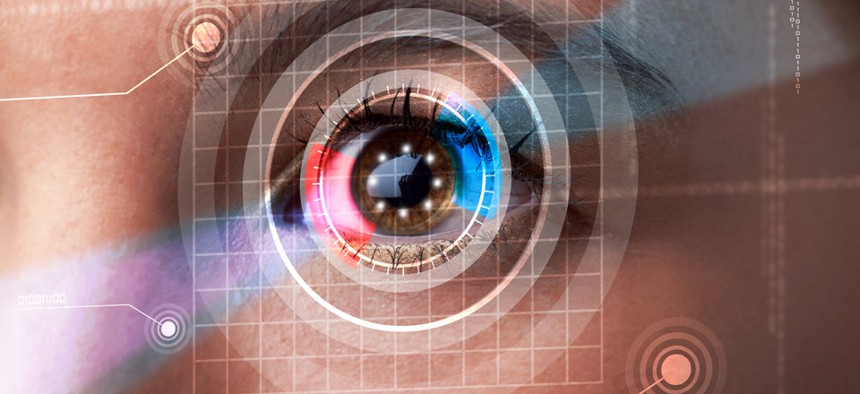FBI's Facial-Recognition Technology Goes Live

ra2studio/Shutterstock.com
Next-gen facial-recognition technology has arrived, despite concerns from privacy groups.
The FBI's futuristic identification powers are ready for prime time.
The Next Generation Identification System, a controversial biometric database that relies heavily on facial-recognition technology, is now fully operational, the agency announced Monday.
The program is designed to help law-enforcement officials identify criminal suspects, but it has endured repeated scrutiny from civil-liberties groups that say the database will endanger the privacy of everyday citizens guilty of no wrongdoing.
"This effort is a significant step forward for the criminal justice community in utilizing biometrics as an investigative enabler," the FBI said in a statement.
The agency announced two new services Monday that complete the database's "operational capability." The first, called Rap Back, allows officials to receive "ongoing status notifications" regarding the reported criminal history of people "in positions of trust, such as schoolteachers."
The other newly deployed service is the Interstate Photo System, a facial-recognition program that will allow law-enforcement agencies, including probation and parole officers, to cross-reference photographic images with criminal databases.
Privacy groups have repeatedly deplored the FBI's facial-recognition database as rife with troubling privacy implications. In June, the American Civil Liberties Union, the Electronic Frontier Foundation, and others warned that the facial-recognition program has "undergone a radical transformation" since it was last vetted for privacy concerns six years ago. The lack of oversight, they said, "raises serious privacy and civil-liberties concerns."
"One of the risks here, without assessing the privacy considerations, is the prospect of mission creep with the use of biometric identifiers," Jeramie Scott, national security counsel with the Electronic Privacy Information Center, told National Journal in June. "It's been almost two years since the FBI said they were going to do an updated privacy assessment, and nothing has occurred."
A 2010 report on the FBI's facial-recognition technology found it could fail one in every five times it was used, a rate far higher than more-traditional methods of identification, such as fingerprinting or iris scans.
But earlier this year, FBI Director James Comey attempted to dispel fears that the use of biometric data for identification purposes amounted to some sort of Orwellian tracking system. Comey testified before Congress that the database would not collect or store photos of everyday people. Its use, he said, is only intended to "find bad guys by matching pictures to mugshots."
No federal laws limit the use of facial-recognition software, either by the private sector or the government.
(Image via ra2studio/Shutterstock.com)
NEXT STORY: What is the NYPD Doing on Twitter?






